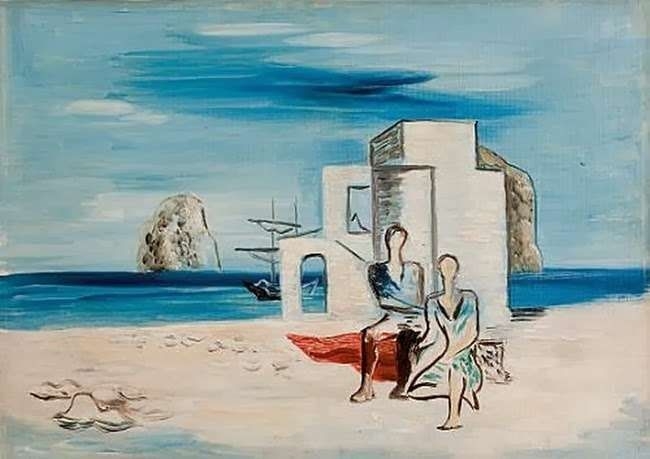This year marks the 10-year anniversary of our journal. Ten hard years of our work receiving the impact of the current socio-economic environment in which we all live and interact. Our work transforms in an unpredictable manner and we must draw on our reserves in order to still be able to think creatively and be flexible, and to not only contain our own anxiety, but also the anxiety and dysfunction of our families and patients.
After the financial crisis, I have often been in a dilemma of whether to modify the way I work. Working in the private sector, I must take into account the financial situation of patients, among other things. More often, I come across emergency situations that have been neglected and need medication, where one does not have the luxury of time that psychotherapy needs to take effect. And this is where the role that I want to have as a therapist comes at odds with the role that I perceive as necessary for the particular circumstances. The decision is not that easy and I cannot always define the structure of my work, especially when there are other therapists concerned. I, often, need to become more directive than I would choose to be under different circumstances when I know that patients cannot financially commit to many sessions. In cases like that, I become more guiding, but at the same time, I trust that they can constructively utilize my interventions, even after having terminated therapy. It is a case of every cloud having a silver lining.
In recent years, I have taken interest in the therapeutic value of ancient Greek thinking. A few years ago, during the financial crisis, I incidentally began reading Sophocles’ Philoctetes, and it was as if suddenly a new world opened up before my eyes. It was an interesting, exciting world that I would - in one word - describe as luminous. Up to then, I had seen many ancient Greek plays, but you comprehend different things when you are reading than when you are seeing. Since then, I started vehemently reading one tragedy after the other. As I realized the deep humanitarian direction of these texts that was evident in both their structure and their content, my enthusiasm continued to grow.
This period coincided with the financial crisis when I was feeling rather unsettled, and my contact with these enlightened writings came as a balm to my mental state. There I discovered therapeutic processes, love and understanding of the human struggle for life, a struggle both inner and outward, an unbelievable complexity of simultaneous analysis on several levels (individual, family, cultural, social) in an era where sciences had not yet been divided. These discoveries of mine generated emotions of joy, admiration, mental exhilaration and relaxation (to be honest, only few things can make us feel joy anymore). But that is not all, I also felt an invisible connection to the era in which people were fighting for the same global and timeless issues that concern us today, but to which each person and era give their own answers. That, for me, was a liberation because I realise that the struggle is both individual and collective and that we renegotiate the same issues over time with ourselves and with others simultaneously. However, I saw this now, through these timeless writings, as an expression of man’s FREE WILL – a concept that has been disputed so much lately, yet we so desperately need it in order to resist the homogenization and robotization of man. I felt the need to share this experience with other similarly thinking people and, thus, came up with the idea to discuss these things in a group. The group experience made these texts even more exciting for me because it made what we observed greater, richer, with an even more multi-dimensional character (the group’s derivative is much more than a sum of its parts).
The discussion and interaction with other colleagues have always been useful tools for receiving feedback in our line of work. During the last two years of the pandemic, that too transformed and became virtual through a screen. It was definitely a change that depleted our experience. In this respect, the journal functioned as a means of receiving feedback for my work. I was able to reconnect with and organize my thinking so that I could transmit it to others, through reading current concerns and also reading and writing papers. Structuring and writing by themselves put you in a position of learning. Having scattered thoughts and ideas in your mind differs from structuring them into a coherent text. Thus, for me, the journal has been a motivation to remain creatively thinking despite the entropy that overwhelms us from all around.
In short, during the crisis (financial and afterward medical) I turned inwards back to my roots (ancient Greek thinking), and sideways to the group of colleagues with which we share concerns and exchange ideas and thoughts in order to be able to continue to look forward...


